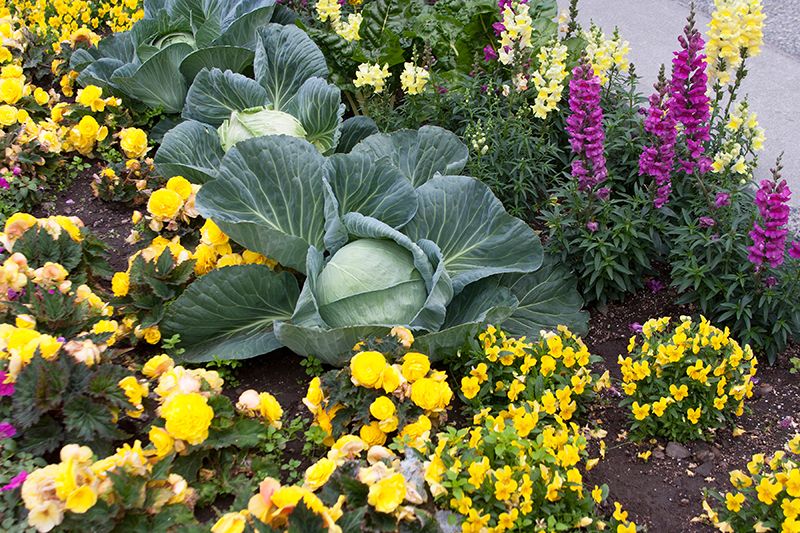
Harris County Master Gardeners Share January Gardening Tips
This information has been generously provided to Harris County residents free of charge by the Harris County Master Gardeners, an expert group of trained volunteers assisting Texas A&M AgriLife Extension Service in educating the community using research-based horticultural information.
Did you know that the Harris County Master Gardeners offer free training, events and other resources all year round? To learn more, visit hcmga.tamu.edu.
By Karen Shook, Master Gardener
January is a good time to do a soil test allowing time to get results back and make corrections before spring planting (link for Soil Testing).
January is also a good time to pick seeds and get them started for transplant into your garden. Look up the best time for placing the plants you want in your garden, then check your seed packet for how long you should allow for germination and growth to transplant size to know when seeds should be started.
Have your supplies ready and be prepared to cover plants in cold weather. Historically, the last frost dates are March 13 to 28 in Zone 8 and February 6 to 28 in Zone 9.
Continue to keep your beds clean and mulched.
Perennials and Ornamental Grasses
- It is a good time to divide and/or move summer and fall blooming perennials and ornamental grasses. Cut back brown foliage before lifting, dividing, and replanting.
- Keep mulch over crown and roots of less hardy perennials.
Annuals
- You can still plant seeds of fast-growing annuals in early January (alyssum, phlox, calendula) and you can continue to plant transplants of cool season annuals (ex: pansy, dianthus, stock, snapdragons) in Zone 9.
- Keep the beds mulched and provide a moderate rate of fertilizer.
Bulbs
- You probably got those tulips and hyacinths planted in December, but if not, plant them in early January (And you know where they are because you marked them, right?).
- The spring blooming bulbs you planted in the fall are probably up and growing. Keep the beds weeded and mulched.
Roses
- Plant, transplant roses January through early February.
- Blackspot may be active if the weather is mild. (A December problem with my roses.)
Shrubs/Trees
- January is a good time to transplant trees and shrubs.
- Check shrubs prone to scale (camellia, hollies, euonymus, privets) and apply horticultural oil sprays as needed. Check labels for effective spraying temperatures.
- Prune fruit trees as needed, keeping in mind that pruning needs are specific to type of fruit tree!
Lawns
- Keep your lawn raked so sunlight can find the grass.
- Use pre-emergent weed herbicide (check the label for use!) or hand pull lawn weeds.
Edibles (vegetables, herbs, berries, fruits)
- See the following link for recommended planting times: Harris County Vegetable Planting Guide
- Set out transplants of cool weather vegetables (like broccoli, cauliflower, collards). Many cool season crops are heavy feeds, so side dress them now.
- Plan your spring vegetable garden. Consider starting some seeds indoors.
Groundcovers and Vines
- Plant hardy perennial groundcovers. Clean up existing areas with a string trimmer or mower on a high setting.
- Do not prune spring blooming vines.
Want to go deeper? Visit the Harris County Master Gardeners' Urban Dirt Index for a plethora of information about gardening in our region at hcmga.tamu.edu/urban-dirt-index.
Source: Harris County Master Gardeners


